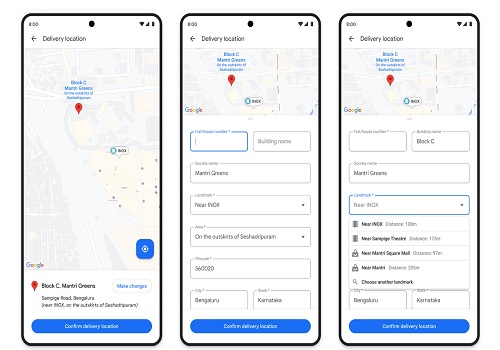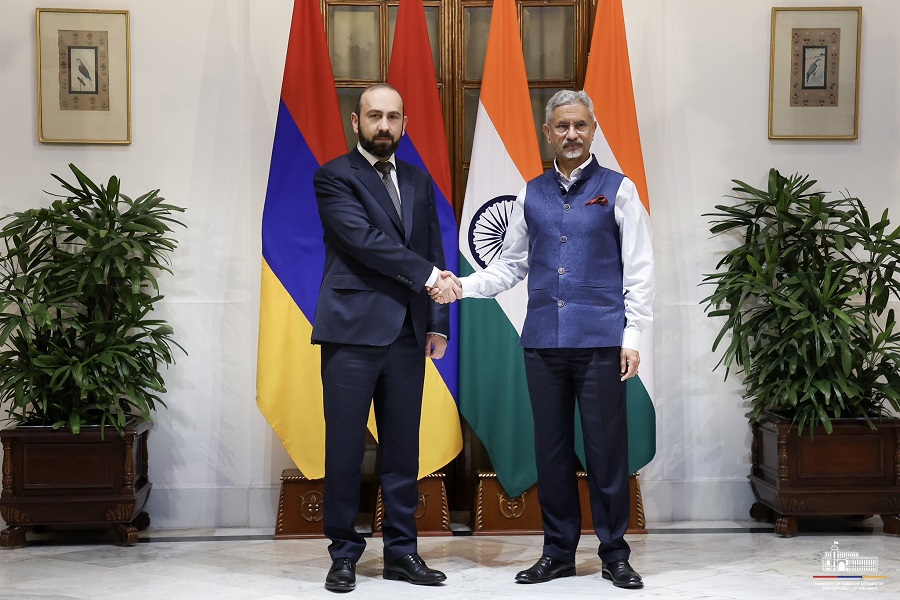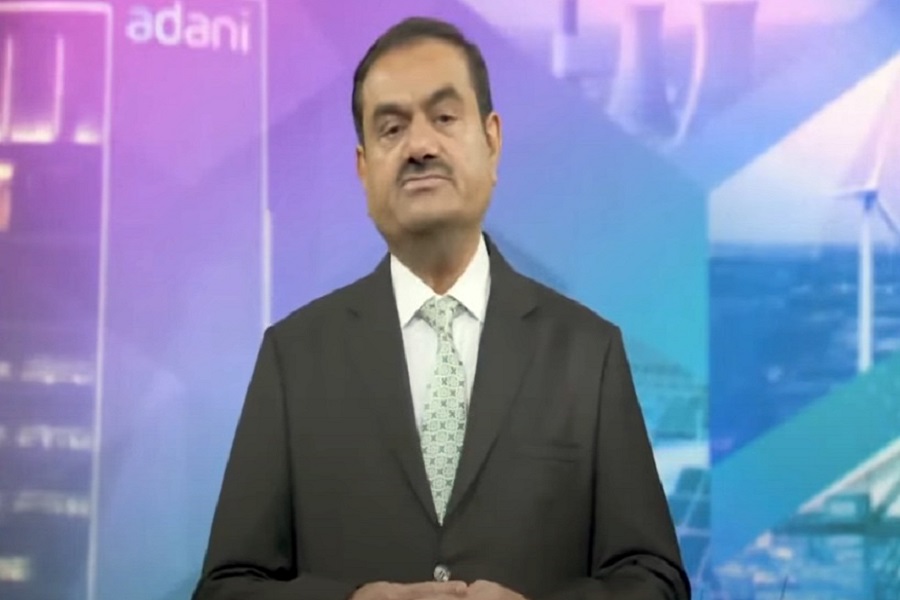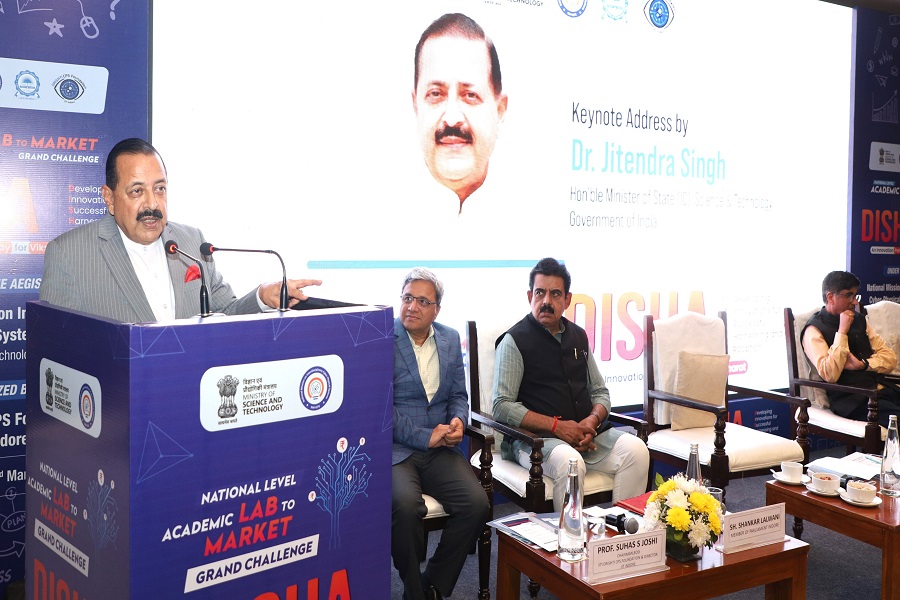Google unveils new AI tools for India, announces accelerator programme for ONDC

Google on Wednesday announced several artificial intelligence (AI) tools and technologies for India to support growth and innovation among local developers, along with launching an accelerator programme for ONDC.
Google Cloud is launching an accelerator programme for the government’s ecommerce initiative ONDC to help digital sellers build and scale their digital commerce operations.
As part of this initiative, the company is open sourcing a ready implementation of ONDC infrastructure and core APIs to facilitate scalability and security, and enabling access to its Retail AI technology and PaLM API.
Google Cloud is also introducing a startup credits programme where organisations that enable ONDC are eligible to apply for a $25,000 grant, the company said during its first I/O Connect event in the country.
“At Google, we continue to make deep investments to support the ecosystem’s growth with a rich set of open and integrated technologies, and we are excited to see more breakthrough solutions this ecosystem will build for India and the world,” said Ambarish Kenghe, Vice President, Product Management, Google.
T. Koshy, MD and CEO at ONDC, said that by streamlining the onboarding process through efficient core APIs, “this milestone addition to the open network empowers enterprises to focus on their core competencies.”
To help Indian developers seamlessly build generative AI applications, Google is making its state-of-the-art large language model accessible through PaLM API, MakerSuite, and features on Vertex AI.
Google is also open-sourcing its research models and datasets to help developers build meaningful solutions with India-focused speech data and building information.
Through its collaboration with Google as part of Project Vaani, the Indian Institute of Science is open sourcing its first set of speech data comprising over 4,000 hours across 38 languages.
As part of its AI approach of being both bold and responsible, Google announced it is open-sourcing the SeeGull Database, a global stereotype benchmark with broad geo-cultural coverage including stereotypes existing within India, to evaluate and mitigate biases in Natural Language Processing.
In addition, Google Maps Platform launched Address Descriptors – an India-first experimental feature available in 25 Indian cities – to make it easier for customers to find and communicate addresses using relevant landmarks and area names.
“We are excited to bring our Gen AI capabilities for developers to enable them to create engaging content, synthesize and organize information, automate business processes, and to build amazing customer experiences,” said Will Grannis, Chief Technology Officer, Google Cloud.




















